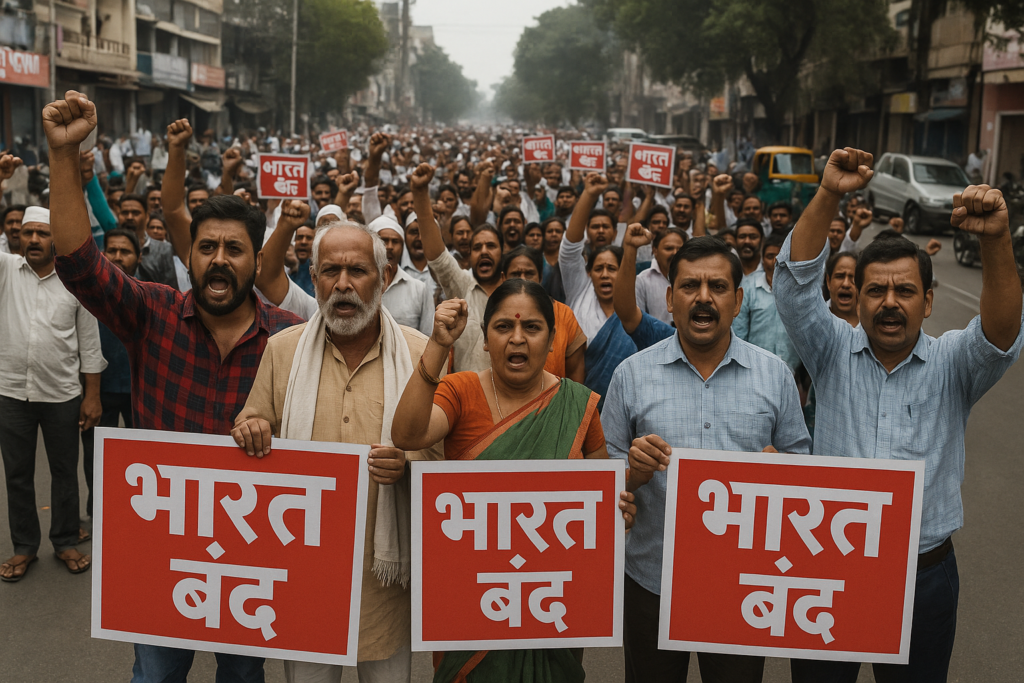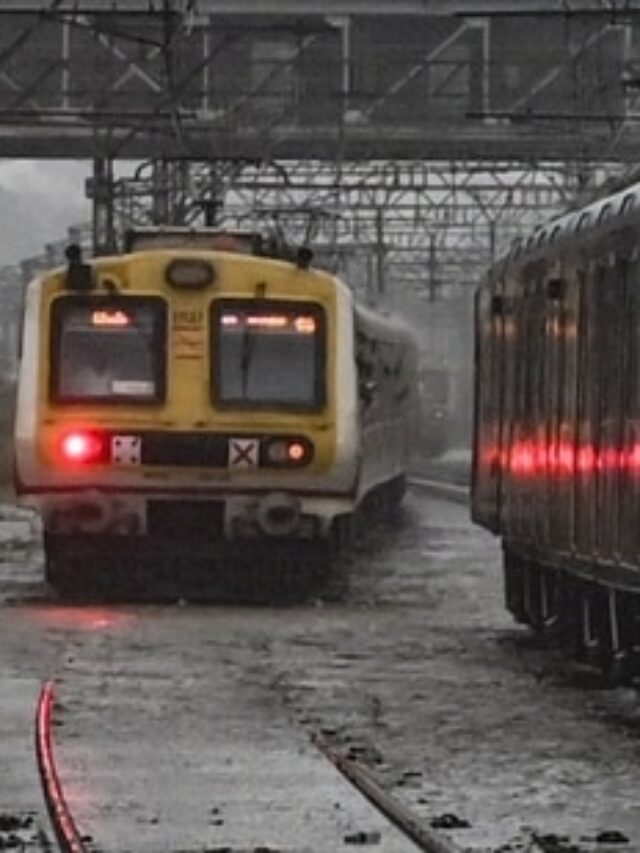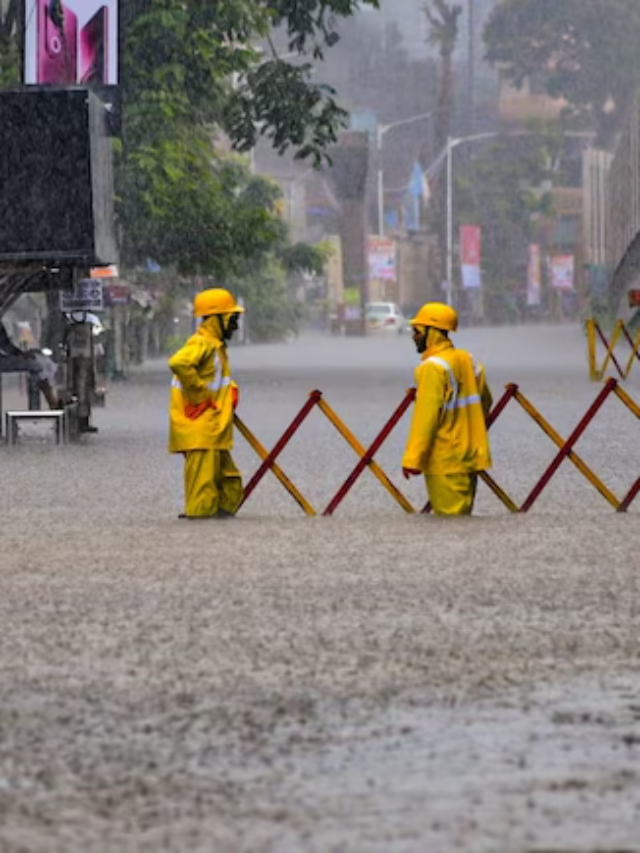Decoding the Bharat Bandh: What Exactly Is It?

Why the Shutdown? Key Reasons Behind Today's Bharat Bandh
Navigating the Disruption: Sectors Likely to Be Affected
- Banking and Insurance Services: While it is not an official banking holiday, services at numerous bank branches and the functionality of ATMs are likely to be impacted due to the participation of a large number of bank employees. Insurance sector employees are also expected to join the strike, potentially affecting services in this domain.
- Postal Operations: The postal services, a crucial lifeline for communication and logistics in many parts of the country, are also anticipated to face disruptions as postal workers join the nationwide strike.
- Coal Mining and Industrial Production: Major impacts are expected in the coal mining sector and various industrial production units, with a significant number of workers likely to stay off work in support of the bandh. This could have repercussions for the supply of coal and the overall industrial output for the day.
- State-run Public Transport: Commuters relying on state-operated bus services and other public transport are likely to face considerable inconvenience as transport workers participate in the strike. This could lead to traffic congestion and difficulties in commuting for the general public.
- Government Offices and Public Sector Units: The functioning of some government offices and public sector undertakings may be affected due to the participation of their employees in the Bharat Bandh. This could lead to delays in administrative work and public services.
- Power Supply: A significant portion of workers in the power sector, estimated to be over 2.7 million, are expected to join the strike. This raises concerns about potential disruptions in electricity supply across different regions.
Life Goes On: Essential Services and What Remains Open
- Schools and Colleges: While some reports suggest potential local variations, as of now, schools and colleges are generally expected to remain open. However, it’s advisable to check with local authorities or institutions for any specific announcements or changes.
- Private Offices: Private sector companies and offices are largely expected to function as usual, although the attendance might be affected due to transportation disruptions in some areas.
- Train Services: As of the latest reports, there is no official strike notice issued by the railways, and train services are expected to continue operating. However, there might be possible disruptions or delays due to the overall situation and potential protests at railway stations.
Surat Under the Bandh: Expected Local Impact
As the Bharat Bandh unfolds, residents of Surat are also likely to experience its impact. While there might not be a complete shutdown of all activities, certain sectors, particularly banking and public transportation, could see noticeable disruptions. Local trade unions and worker organizations in Surat are expected to actively participate in the bandh, aligning with the nationwide call.
In Conclusion: Understanding the Significance of the Bharat Bandh
While the immediate impact will be felt through disruptions in various services, the long-term significance of this nationwide strike lies in its potential to compel the government to acknowledge and address the concerns raised by these essential segments of the population. The success of the bandh in achieving its objectives remains to be seen, but its occurrence undoubtedly highlights the ongoing tensions and the pressing need for dialogue and resolution between the government and the representatives of workers and farmers in India.










